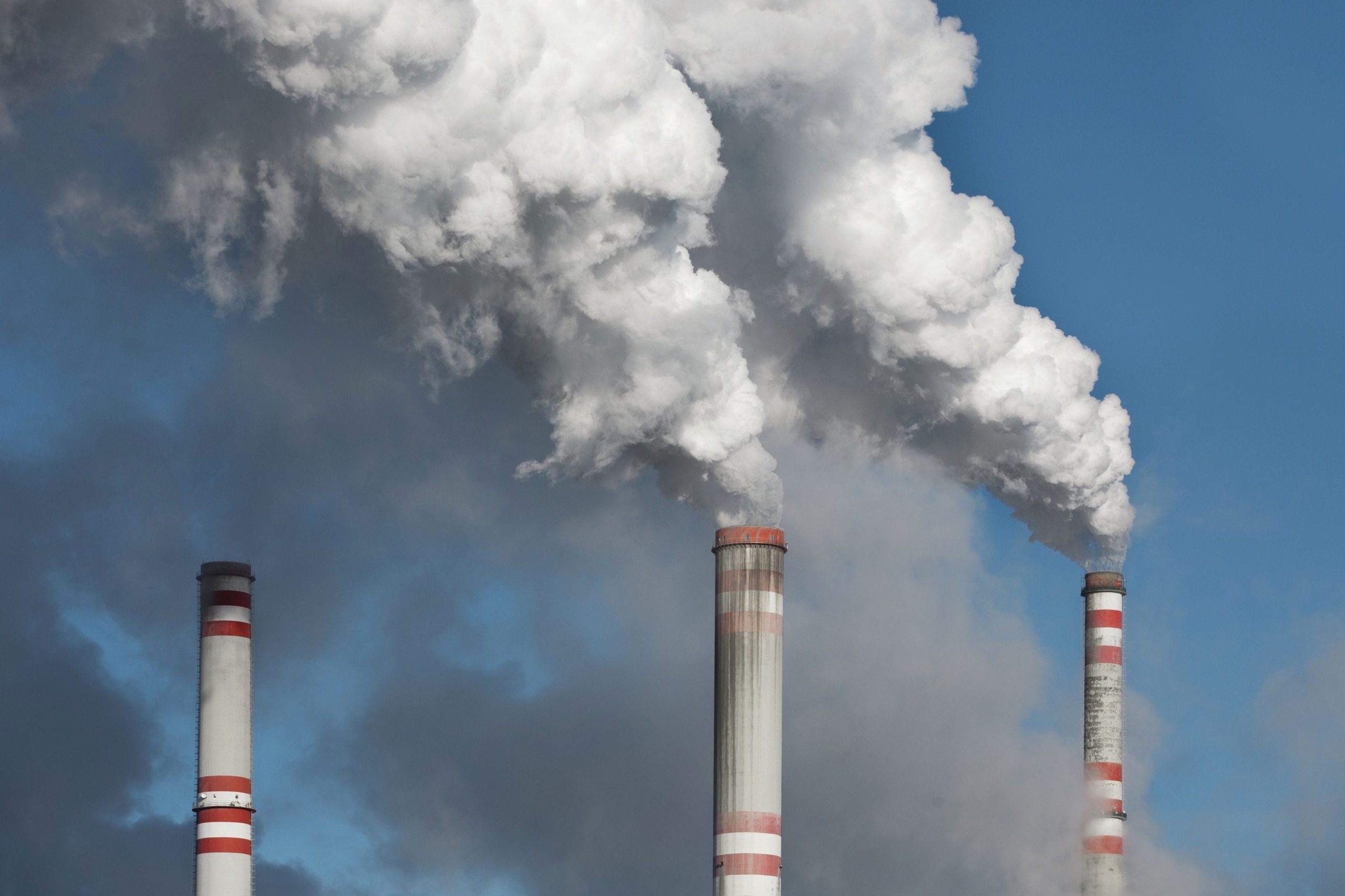
Is the "War on Coal" real or just a political buzzword? The term "War on Coal" often sparks heated debates. Some argue it's a necessary shift towards cleaner energy, while others see it as an attack on jobs and local economies. This blog post dives into 18 key facts about the "War on Coal" to help you understand the stakes. We'll look at the environmental impact, economic consequences, and political motivations behind this controversial issue. Whether you're a student, a concerned citizen, or just curious, these facts will give you a clearer picture of what's really happening. Buckle up for a fact-filled journey through the coal industry's challenges and transformations.
The Origins of the War on Coal
The term "War on Coal" has been used to describe efforts to reduce coal consumption due to environmental concerns. Let's explore some key facts about this contentious issue.
-
The phrase "War on Coal" gained popularity during the Obama administration, reflecting policies aimed at reducing carbon emissions.
-
Coal has been a primary energy source for centuries, powering industries and homes worldwide.
-
Environmentalists argue that coal burning significantly contributes to air pollution and climate change.
Economic Impact of Coal
Coal has long been a cornerstone of many economies. However, the shift towards cleaner energy sources has had profound economic implications.
-
The coal industry provides jobs for thousands of miners, engineers, and support staff.
-
Regions heavily dependent on coal mining, like Appalachia, have faced economic downturns as demand for coal decreases.
-
Transitioning to renewable energy sources can create new job opportunities, but it also requires retraining workers.
Environmental Concerns
The environmental impact of coal mining and burning is a major driver behind the push to reduce coal usage.
-
Burning coal releases significant amounts of carbon dioxide, a greenhouse gas contributing to global warming.
-
Coal mining can lead to habitat destruction, soil erosion, and water pollution.
-
Technologies like carbon capture and storage (CCS) aim to reduce the environmental impact of coal but are not yet widely implemented.
Health Implications
The health effects of coal mining and burning are another critical aspect of the debate.
-
Coal miners are at risk of developing black lung disease, a severe respiratory condition.
-
Communities near coal plants often experience higher rates of asthma and other respiratory illnesses due to air pollution.
-
Reducing coal usage can lead to improved public health outcomes by decreasing air pollution.
Policy and Regulation
Government policies and regulations play a significant role in shaping the future of coal.
-
The Clean Power Plan, introduced during the Obama administration, aimed to reduce carbon emissions from power plants, impacting coal usage.
-
Some states have implemented their own regulations to reduce reliance on coal and promote renewable energy.
-
International agreements, like the Paris Agreement, encourage countries to reduce carbon emissions, affecting global coal demand.
Technological Advances
Advancements in technology have the potential to change the landscape of coal usage.
-
Clean coal technologies aim to reduce the environmental impact of coal burning through methods like gasification and CCS.
-
Renewable energy technologies, such as solar and wind power, have become more cost-effective, providing viable alternatives to coal.
-
Innovations in energy storage and grid management can help integrate renewable energy sources, reducing the need for coal-fired power plants.
The Final Word on the War on Coal
The war on coal has sparked intense debate, with strong arguments on both sides. Environmental concerns push for cleaner energy, while economic factors highlight coal's role in jobs and energy production. Renewable energy sources like wind and solar are gaining traction, but coal remains a significant player in many regions. Technological advancements aim to make coal cleaner, yet challenges persist. Understanding the complexities of this issue helps in making informed decisions about our energy future. Balancing environmental impact with economic needs is crucial. The future of coal will likely involve a mix of traditional and innovative approaches. As we move forward, staying informed and open to new solutions will be key. The war on coal is far from over, but with thoughtful consideration, a balanced path can be found.
Was this page helpful?
Our commitment to delivering trustworthy and engaging content is at the heart of what we do. Each fact on our site is contributed by real users like you, bringing a wealth of diverse insights and information. To ensure the highest standards of accuracy and reliability, our dedicated editors meticulously review each submission. This process guarantees that the facts we share are not only fascinating but also credible. Trust in our commitment to quality and authenticity as you explore and learn with us.


